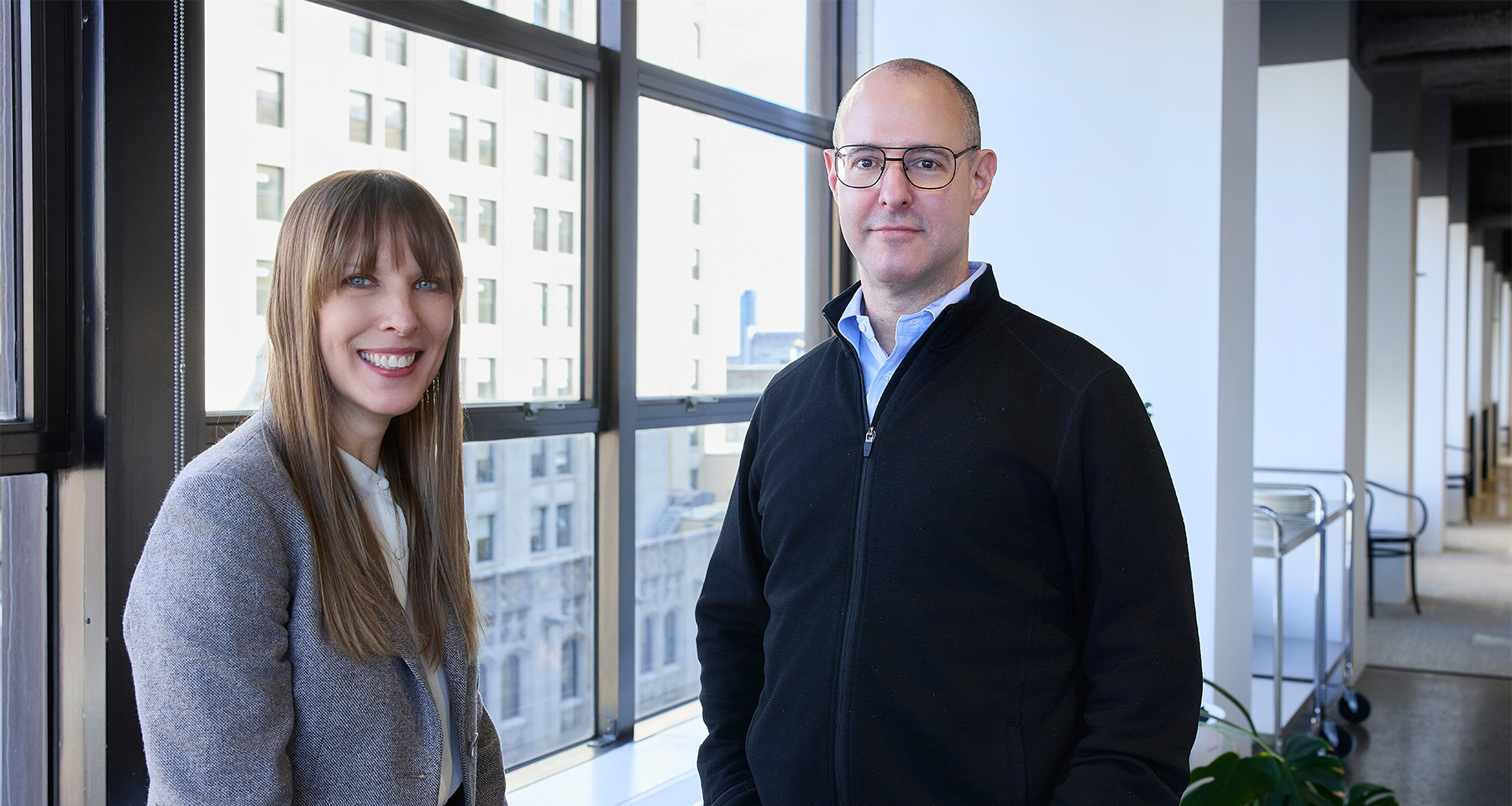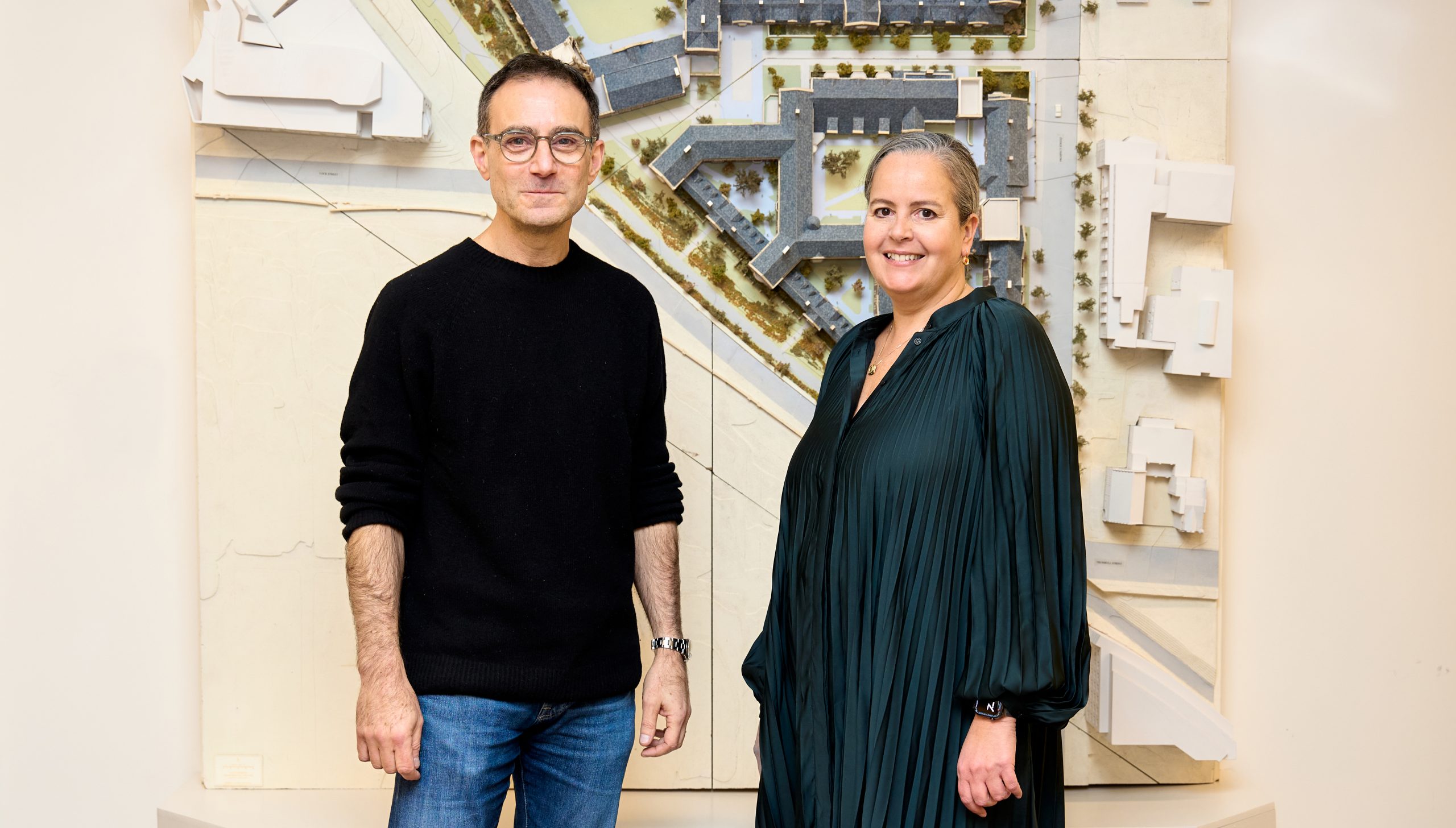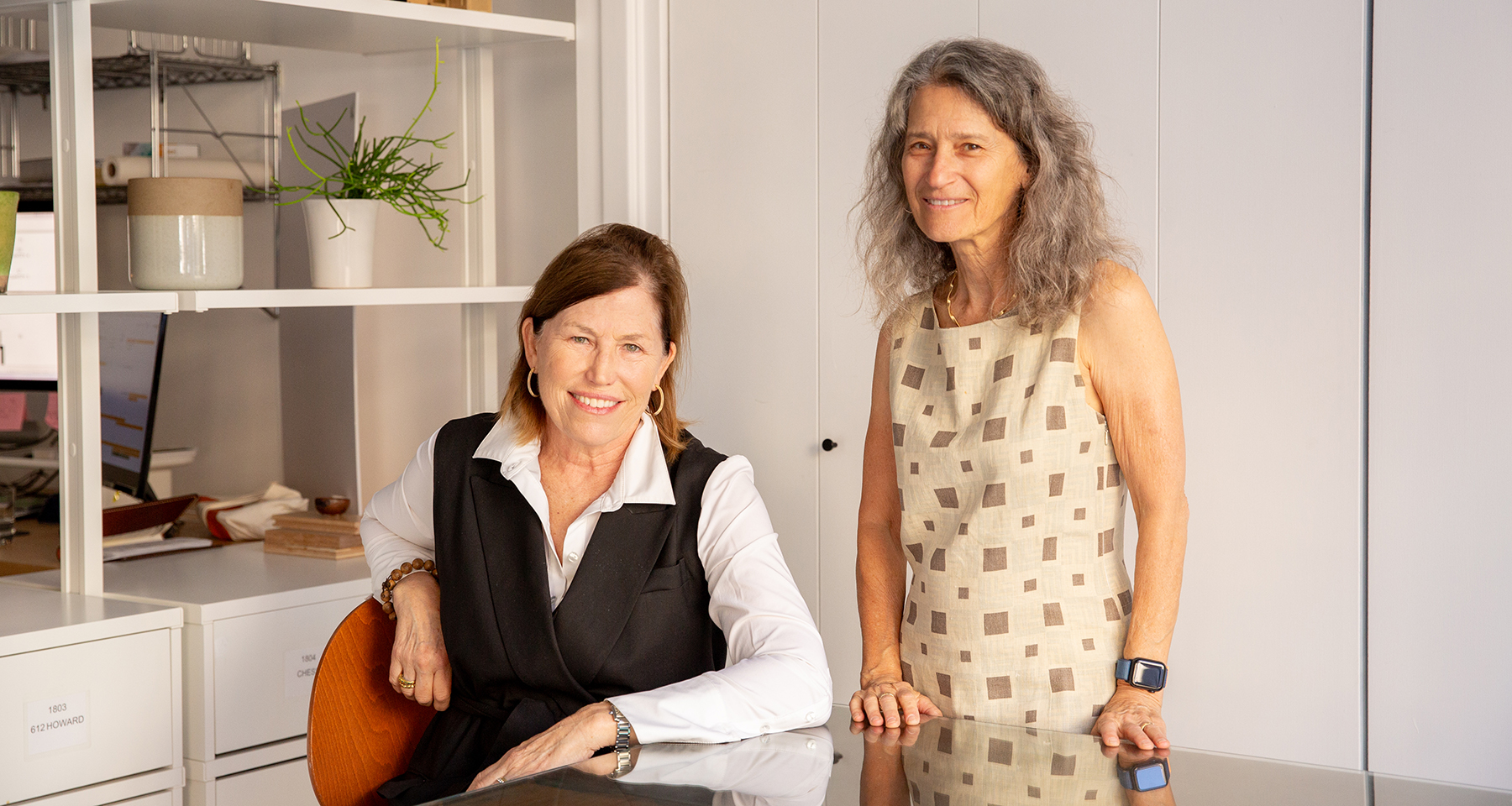Workshop Review: Overcoming Self Limiting Beliefs
On Wednesday 5/5 we held our Members’ workshop on Overcoming Self Limiting Beliefs.
Self-Limiting Beliefs are the unhealthy thoughts, intuitions, feelings, statements, and structures that keep you from achieving your desired goals and outcomes.
“If you accept a limiting belief, then it will become a truth for you.”
LOUISE HAY
“Whether you think you can, or think you can’t, you’re right.”
HENRY FORD
It is a common trap to fall in line with the mental frameworks established by past experiences. Unless we actively challenge ourselves to look beyond these, we build up self-limiting beliefs that tell us what will and won’t be possible in the future before we’ve even tried.
In our personal lives, and especially in business, where decision-making is complex and fraught with risk, breaking out of our established internal models of thinking can be incredibly difficult.
For this Workshop Brick & Wonder member and business coach, Chris Smith led our group to look our limiting beliefs in the eye, and then look past them!
Brick & Wonder members can access the video, audio, and transcript recap here.
Workshop Leader

Chris founded TheCoTeam in 2020 to Coach | Consult | Collaborate with businesses to help solve problems, achieve operational excellence, and optimize profit. With 20 years of industry specific, domain expertise, Chris has held positions at technology integration firms (Advanced Audio + Cloud9 Smart) and manufacturers (Bowers & Wilkins + McIntosh Labs). His core competencies include B2B (10yrs), B2C (10yrs), growing and managing teams (+30), growing and managing revenue ($40M), marketing, branding, and business development.
Key Insights
Self limiting beliefs can become a self fulfilling prophecy. In other words, we can find ourselves actually in a trap, where we fundamentally create boundaries that do not allow us to move beyond them.
CHRIS SMITH – 5:43
In other words, the idea itself doesn’t seem particularly harmful, but its manifestation will actually end us up in a place where we now can no longer do the thing we could have done because of the limiting belief.
CHRIS SMITH 5:55
The belief itself isn’t necessarily good or bad, but it might be intrinsically not aligned to what’s possible or reasonable. To mitigate those things, we want to be able to make better decisions more quickly. This is the idea of failing small and failing forward: it’s entirely okay to blow past a self-limiting belief and fall flat on our face.
CHRIS SMITH 6:44
They tend to be about yourself or about others in the world. And I think when you look at these self-limiting beliefs, it isn’t just about self limiting yourself – it could absolutely be about how you perceive things outside of you.
CHRIS SMITH 8:00
The general types of self limiting beliefs are: prioritization, ability, identity, worth, value, judgment, comparison history, self-deprecation, and absolutism.
CHRIS SMITH 8:40
Anytime you say something that is absolute or fundamental, it’s a really good opportunity to look and say: “Is that a self limiting belief?” I can’t or I couldn’t. Here’s a great example of how one self-limiting belief can absolutely become a self fulfilling prophecy. So, imagine for a moment we say, I can’t dunk a basketball. Now, it’s quite possible that I cannot do that. However, it’s quite possible that I can be trained to do it. And with enough work and effort and training, maybe I can. But if I fundamentally start off the exercise with I can’t, I never will. And so I’ve actually created the end game before I even gave myself the opportunity.
CHRIS SMITH 9:41
We are who we became as a function of what was happening when we were seven, or eight. So, when we see identity issues, we’re talking about things that are actually pretty deep rooted, going all the way back to our childhoods. Imagine trying to break a self limiting belief around identity that’s deeply held for decades on end: it’s going to be pretty hard to let that one go. Worth or value, I should or shouldn’t, or I’m not good enough, these tend to be about ourselves, but they could also be external about other people’s worth or value.
CHRIS SMITH 10:48
Comparison is also known as the thief of joy. I think one of the things to think about in comparison is always Well, someone else did or didn’t, so I might not be able to or can, and vice versa. And when I look at these ideas around comparison, completely irrelevant to the fundamental of getting something done. Again, what other people are doing is none of your business.
CHRIS SMITH 12:48
“My customers won’t pay that.” Well, if you’ve got a lot of customers saying yes to you, your prices actually aren’t high enough. There’s number one. And I bet that unless you’ve tried charging more, we can’t say that they won’t. So, just the sheer notion that somebody will or won’t – we’re actually placing judgment on someone else.
CHRIS SMITH 22:12
And I think for people who say, “Well, we’ve always done it this way”, you will limit yourself in the employees you can hire, the employees you can retain, and the happiness of those people over time. And [because of the pandemic] that changed in an instant. Some businesses had already done this well, pre-COVID, realizing the benefits while ahead of time. So shifting your mindset, because of the way the world evolves, is really important.
CHRIS SMITH 25:21
I find my favorite way to make things sticky is to actually make the statement outwardly: “We are now doing this.” And you can all hold me accountable to it. If you see me not doing it, please tell me because that’s what I need. That’s what I want, that’s who I think we should be.
CHRIS SMITH 29:12
There’s the willingness, and then there’s the attack. I’m open, and I’m going to do it are two completely different things. And if either one of those is missing, you will not change.
CHRIS SMITH 33:04
Why are things elevating to your level? People ask you questions for one of four reasons. They don’t know the answer, which means you have not trained them. So you need to have a better training program. Number two, they have two good potential answers, but they don’t know how to choose between the two. That is a core value question. You have not trained them on your core values to be able to make good decisions. Number three, they’re asking as a way of telling you, which is really just a waste of time. They need to put that into Slack or an email. And then the fourth reason is they’re not empowered. So, if you have non-trained, non core-valued, non empowered people, they will level up to you all the time.
CHRIS SMITH 43:15
To test this theory as to whether or not you have an autonomous business, and the easiest way to think about it is the phrase: ‘bicycle business’. So you were on the bike? What happens when you get off? The bike falls over? If you have a bicycle business, you have a lifestyle business. And there’s nothing wrong with that. Is that what you want? If you want a business that is autonomous, that runs without you on the bicycle, build it, stamp it, train it process, be able to read a KPI dashboard to know that it’s all happening. Empower your managers to manage people, and go sit on a beach and drink a piña colada whenever you want!
CHRIS SMITH 44:22
… we then start to see: is it always Bobby who comes to me with the problems? Is Bobby the problem? Maybe, Bobby, Susie and Jimmy all come to me, and they all have the same issue. Well, great, I have a training problem. I’m not training people how to do this.
CHRIS SMITH 51:03
About our Roundtables & Workshops
Member Roundtables and Workshops are designed specifically to sharpen minds, increase knowledge and develop new perspectives in professional practices across real estate, design and the built environment.
Led by subject matter experts, members dive into new topics with an accomplished and diverse peer group, raising and answering tough questions and gaining valuable insights.





